Historic Heat, The Summer Scarries, and Six Stories of Melting Earth
Cli-Fi becomes Real-Life in The Hot Age
This weekend where I live in South Florida, we experienced historic May heat. Extreme weather. Whether you want to call it climate change, or just nature, is up to you, but a record-breaking heat wave washed over us like boiling water. Stepping outside felt like running through Dubai in August, like pressing my face to an idling Corvette muffler. The heat index hit 109 degrees. In Key West, a few hours south of me, there was a high of 115 degrees. This isn’t normal May weather.
In Celsius, that’s a range between 42.8 to 46.1 degrees.
Thankfully, I could stay inside, safe in the air conditioning, but my poor daughter attends an open-concept public school organized like an outlet mall, where the kids have to walk outside and up steps to get to their different classes. She came home covered in sweat and miserable.
I felt terrible for all the people, like mailmen, landscapers, boat crew, and pool cleaners, who had to keep working outside in the heat and 100% humidity.
These high temps gave way to anxiety as I pondered what July and August would be like if this was May… Another Florida mom I know calls this, the Summer Scarries, as one is also aware that these temperatures increase the likelihood of powerful hurricanes.
Considering the heat, my mind went to Elizabeth Kolbert’s Pulitzer Prize-winning and excellent book, The 6th Extinction: An Unnatural History, which left a huge imprint on me when I read it several years ago.
The section I recall most pertained to how plants can’t walk.
Therefore, they can’t move quickly to new temperature zones. Plants move extremely slowly, and when temperatures reach above the plant’s maximum, the species experiences instant apocalypse.
We can get on airplanes, drive our cars, or crank up the Ac, but when it gets too hot, the flowers simply perish.
She predicted that over time, as the earth grows hotter, many species in the southern and equatorial hemispheres won’t survive. This will eventually cause a massive heat extinction, opposite but equal to the Ice Age. The Hot Age, I suppose.
But what if that happened to us?
We were in a heat stroke zone all weekend, but nothing was closed or stopped. I think most people here believe this is the new normal and we can’t close down for every instance. Or they want to deny it’s happening… Instead, we have to keep going. But what if one day we can’t keep going?
What if we become like the plants that can’t walk? These are the kind of thought experiments my novelist brain likes to inhale.
Climate Fiction Meets Real Life
So, I began to imagine the practicalities of such an event for humans, especially if the event’s timeline was accelerated, a horror story where the temperature keeps going up, up, and up and never stops. What would happen? Would planes melt mid-air? Would our hair catch on fire?
This idea is not unlike the premise of my dystopian novel, Acid Christmas, where a blizzard begins at the Toronto airport during the busy holiday season and doesn’t stop as predicted, but instead escalates to a supernatural intensity. Acid Christmas started as a summer short story, written in 2022 when I was feeling WAY too hot and missing colder weather.
I wonder if we will get more cold weather tales from this hot summer as writers and filmmakers long for cooler days?
In pondering the extreme heat scenario, I imagine brittle, brown plants, people dying while trying to fix their AC units, and a few heroes burrowing under the ground like moles or moving their families deep into caves where the temperature doesn’t change.
Surely someone must have written a short story or novel about this already. It brings to mind the Mad Max movies, but this isn’t exactly what I’m envisioning, as I’m imagining the instant it happens, not the aftermath.
I could see Stephen King tackling something like this.
Writers Imagine The Hot Age
I’m also reminded of the scene in the Three-Body Problem novel and subsequent TV series where the Trisolarans experience the triple suns and all of civilization is instantly scorched in a fireball. (This isn’t a spoiler, just a quick scene.)
Or perhaps the sixth scene in the totally unhinged, disturbing, and not-currently-politically-correct Nebula-winning novella, Seven Views of Olduvai Gorge, by Mike Resnick, first published in 1994, which explores the end of the “climate change era.”
In the scene, set in the future, the last Masaii man on earth is pressured to leave his Tanzania home, because the area has grown uninhabitable from heat, pollution, and nuclear fallout. He refuses and his last days are documented later by scientists.
Likewise, I’m reminded of the author Lily Dalton-Brook’s climate apocalypse talk that she gave earlier this year at the Key West Literary Seminar, which I documented here. At the time, I felt it was a bit extreme, a little dramatic; now, I’m not so sure.
Her new book is set in a future Florida plagued by extreme weather, where the government has declared Florida “abandoned” and instructed the bewildered and unbelieving residents to evacuate however they see fit. I hear it’s good. If you’ve read it or want to read it together, let me know in the comments. The novel has different sections divided by power, water, light, and time.
She also wrote Good Morning, Midnight, which became a [meh] movie with George Clooney, renamed The Midnight Sky.
The 1960s Vision of a Hot World
Another book on my list to explore is The Drowned World, by J.G. Ballard, written in 1962, when science fiction authors were already pondering these global warming questions. Set in 2145, the book follows a team of scientists working in post-climate apocalypse London, where solar radiation and global warming have run out the humans and left behind malaria-infested jungles.
Interesting that he imagined the plants still surviving, because, based on what we know now, humans will likely outlast the plants if we’re truly confronted by extreme heat.
The New Humans of The Hot Age
Finally, perhaps closest to my horror story vision of inescapable heat, is the novel The Fireman by Joe Hill, published in 2016. In his horror fantasy tale, the earth is infected by a pandemic known colloquially as Dragonscale, in which people develop black and gold marks over their bodies, before suddenly bursting into flames. Society collapses accordingly until a “Fireman” hero learns how to live with the condition, transcending into a new type of fire-God-human. But will others be able to live like the Fireman? This becomes the central question of the book.
This is perhaps a hopeful allegory for The Hot Age, where we develop and evolve new adaptations and technologies to deal with a warmer planet, versus succumbing to extinction.
Final Thoughts
I don’t pretend to know the answer to long-term human survival on earth, nor do I have much faith in humans to prevent our demise, so for now, it may sound jaded and sad, but I’m content to read and write climate fiction, and to ponder people vs nature, while I enjoy what little time I have here on this glorious, unknowable, and untamed planet.
Now You
Did you also experience the heatwave this weekend?
What are your favorite cli-fi books?
Am I missing a book or movie on this extreme heat topic?
Are you worried about the summer heat?
If you were writing a short story about extreme heat, who would your hero be and what would the time/place/scenario entail?



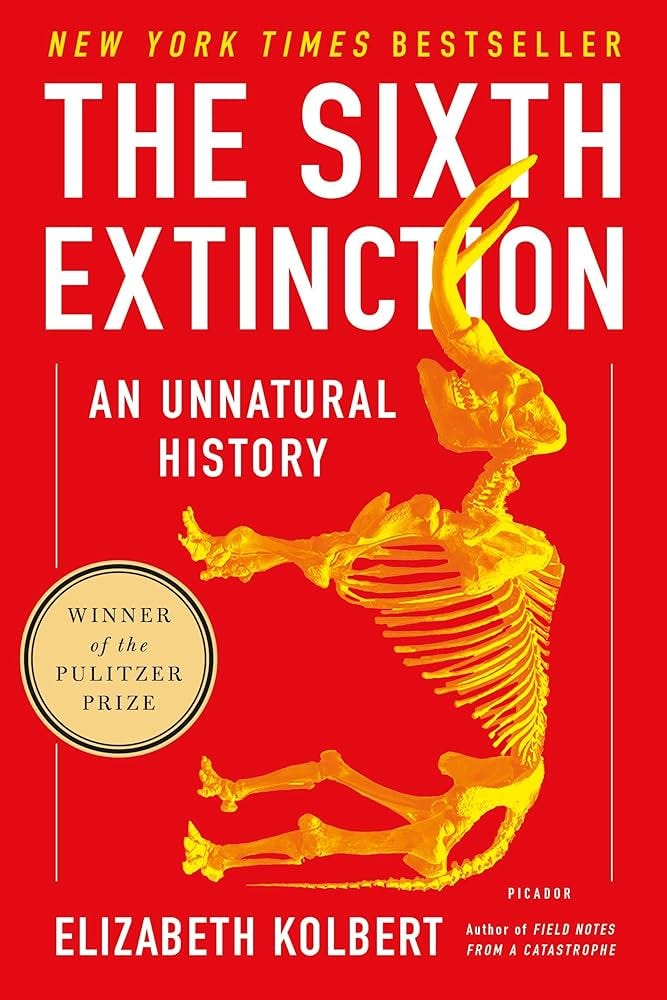
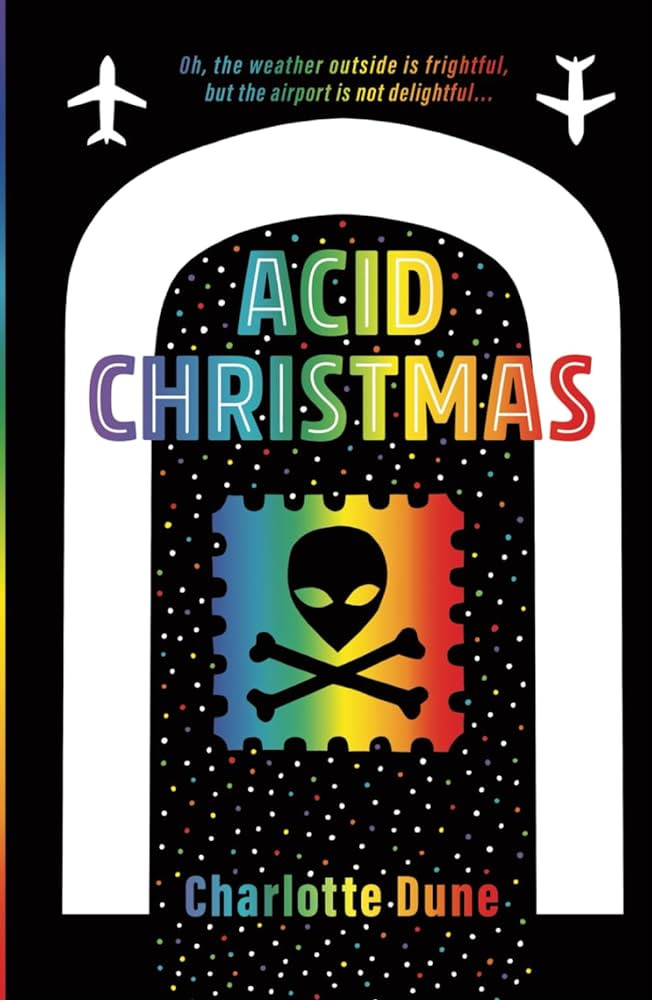
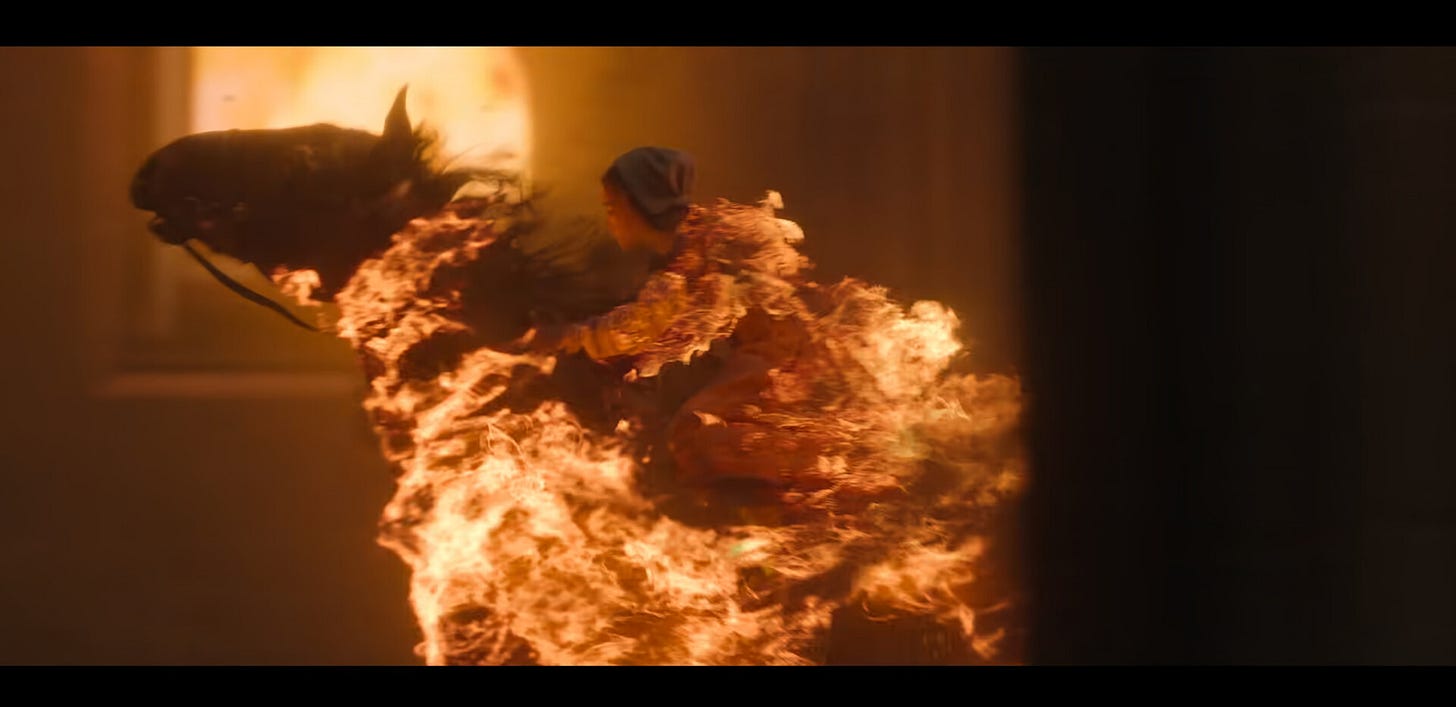
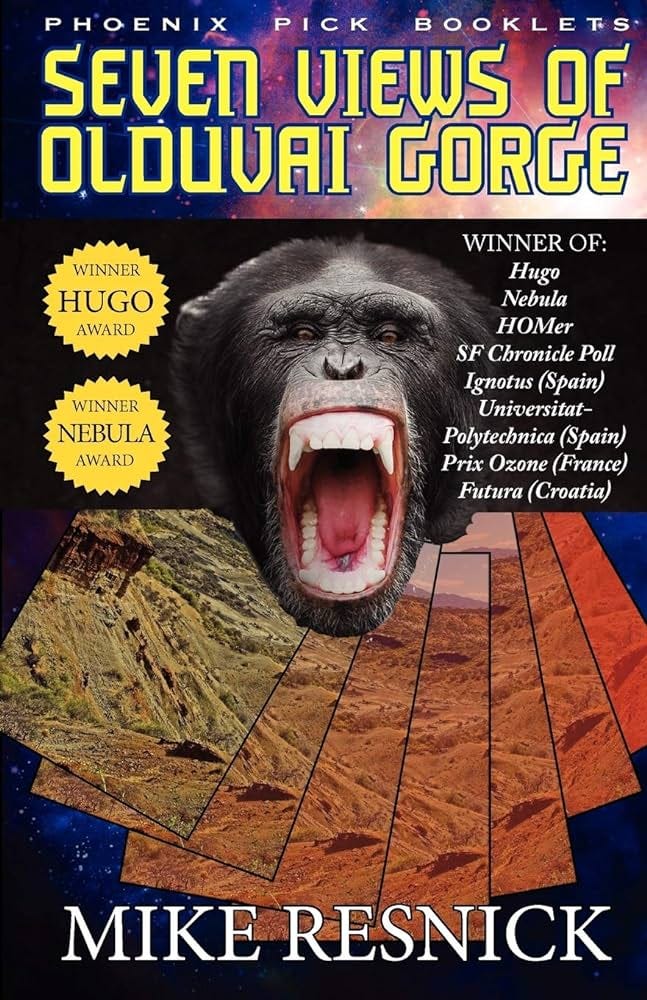
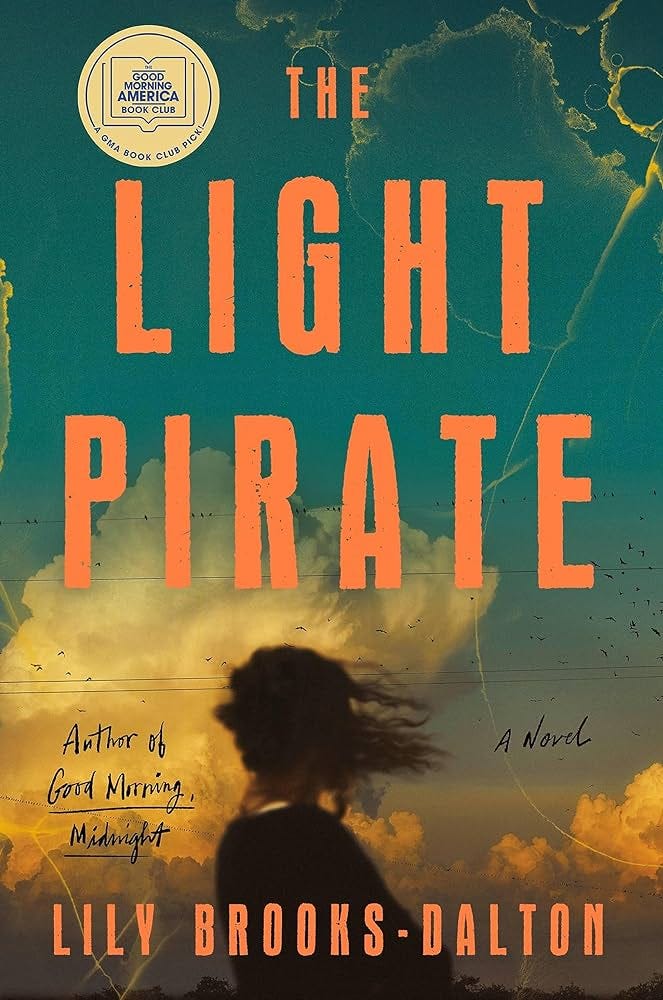
![The Drowned World [Book] The Drowned World [Book]](https://substackcdn.com/image/fetch/$s_!84Wh!,w_1456,c_limit,f_auto,q_auto:good,fl_progressive:steep/https%3A%2F%2Fsubstack-post-media.s3.amazonaws.com%2Fpublic%2Fimages%2F402c6873-90d9-40ea-9d2f-d9ba29f81d17_1581x2389.jpeg)
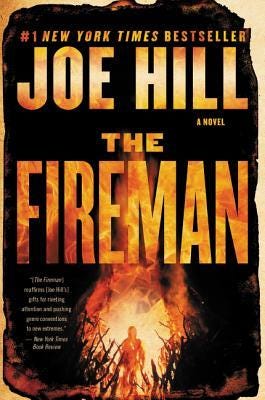
Charlotte you aren’t factoring in agriculture… how will we feed people as extreme weather events and heat skyrockets? Deluges across the UK and Northern Europe may reduce yields by half. The Colorado River is dying and it feeds all farming in California etc. I feel like few are focusing on this and it is coming quickly.
Interesting topic. One thing I’ve noticed is the extreme weather recently in the mid west. My mom’s family is in western Ky, where it is kind of flat, but forested and rolling hills. I had never heard of tornadoes striking there until my aunt lost her house two Decembers ago. Now, tornadoes are like a monthly thing!
We’ve moved to Montana and sometimes I wonder if climate change isn’t part of the attraction- there are many enclaves of the Uber wealthy (Yellowstone Club and more) that have second third fourth homes here. Maybe to have a cool climate escape in the future? It’s snowing today, but the overall snowpack is not great and so it will be hot and forest fires this summer.
Non-fiction reads- check out Jeff Goodell- his first was, “The water will come” followed by, “But the Heat will kill you first”
For some real life horror, check out https://www.npr.org/2021/10/21/1041997332/northern-california-family-hiking-died-heat-exposure
For some post apocalyptic reading, Z for Zachariah made an impression back in 8th grade. I also like Station 11, the book.
I, for one, cannot take the heat. I loved living in the Bay with its lovely 60 degree days and fog!